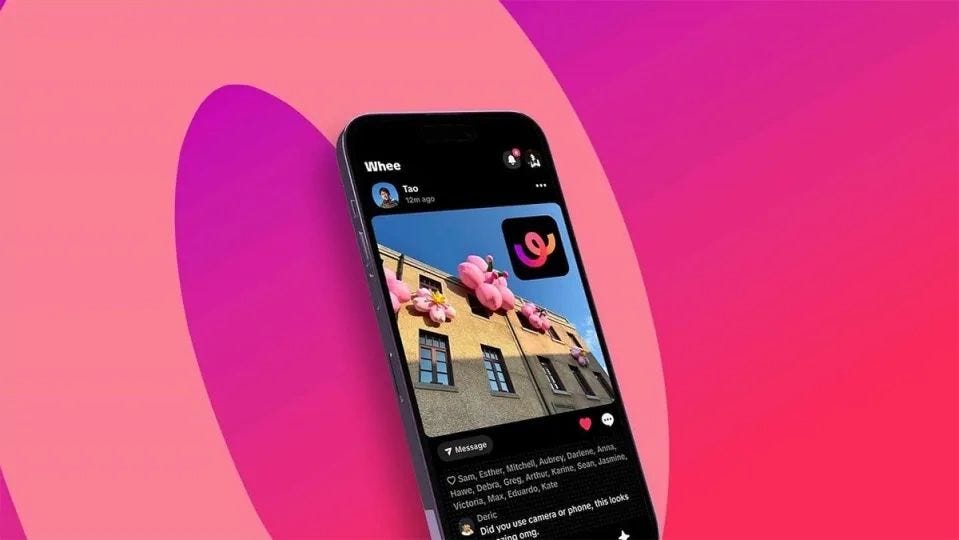Facebook’s AI Leap: Progress or a Step Too Far?
Facebook has announced a series of new AI-driven features that promise to redefine how users engage with its platform. These include personalized AI chatbots, predictive content generation, and advanced virtual avatars that mimic your real-life presence. The tech giant is pitching these innovations as tools to make life easier, but they also raise critical questions about the direction of social media and its role in our lives.
As Facebook embraces the power of AI, are we witnessing the future of connection—or the erosion of trust and individuality in the digital age?
The Features: A Bold Step Forward
Facebook’s new AI capabilities include:
AI Chat Assistants: Virtual companions designed to provide personalized advice and even replicate conversations with your voice.
Content Automation: AI tools that suggest or create posts based on your digital habits, making social media engagement “effortless.”
Virtual Clones: Lifelike avatars capable of attending virtual events or meetings on your behalf.
Smart Recommendations: Predictive algorithms that anticipate your preferences for friends, groups, and content.
The appeal is obvious—greater convenience, streamlined interactions, and enhanced personalization. But beneath the surface, these features signal a shift that feels less about user empowerment and more about control.
The Ethical Quandary: Convenience or Compliance?
Facebook’s new features may save time and energy, but they come with significant risks:
1. Digital Dependence
By automating interactions and creating virtual stand-ins, Facebook is subtly encouraging users to let go of personal agency. Instead of crafting posts or engaging directly with others, users might come to rely on AI to handle these tasks—trading authentic interaction for convenience.
2. Blurring Reality
AI avatars and deepfake-like features raise questions about authenticity. If you’re represented by an algorithm, is it still you connecting with others? The technology risks undermining the very essence of social interaction by creating a world where people interact with digital surrogates instead of real individuals.
3. Power Imbalance
The new features deepen Facebook’s control over users’ digital lives. By integrating AI into personal interactions, the platform positions itself as a gatekeeper of identity, shaping not only what users see but how they express themselves.
4. Data Exploitation
Every AI-driven feature requires extensive data to function. From voice patterns to behavioral habits, Facebook will harvest more intimate information than ever before—fueling concerns about surveillance, security, and misuse.
The Bigger Question: Is This Innovation Necessary?
While the AI capabilities may be impressive, they also feel like solutions in search of a problem. Do users really want virtual clones attending meetings or predictive algorithms suggesting friends?
The real purpose of these innovations seems less about user needs and more about keeping users tethered to the platform. By offering AI as a “value-add,” Facebook creates dependencies that benefit its bottom line more than its users.
A Cautious Path Forward
While AI holds transformative potential, its integration into social platforms must be handled responsibly. Here are some ways to navigate these changes:
Embrace Human-Centered Design: Technology should enhance—not replace—genuine human connections.
Maintain Agency: Use features that align with your values and needs, not those that make you feel like a spectator in your own life.
Demand Accountability: Platforms must be transparent about AI’s role in shaping user experiences.
Focus on Authenticity: Choose real interactions over automated ones wherever possible.
Conclusion
Facebook’s AI advancements highlight the growing tension between innovation and ethics. While these features might seem exciting, they also risk creating a digital ecosystem where convenience trumps authenticity and control outweighs choice.
As we navigate this new AI-driven reality, it’s essential to ask whether these tools serve users—or the companies that create them. Progress doesn’t always mean better, and in Facebook’s case, it might mean asking whether we’re giving up too much in the name of innovation.




